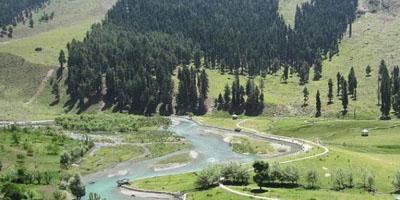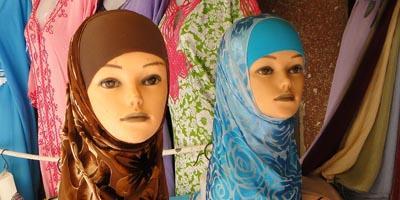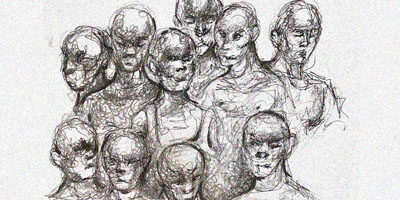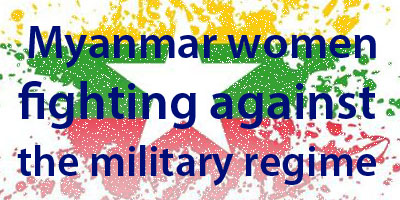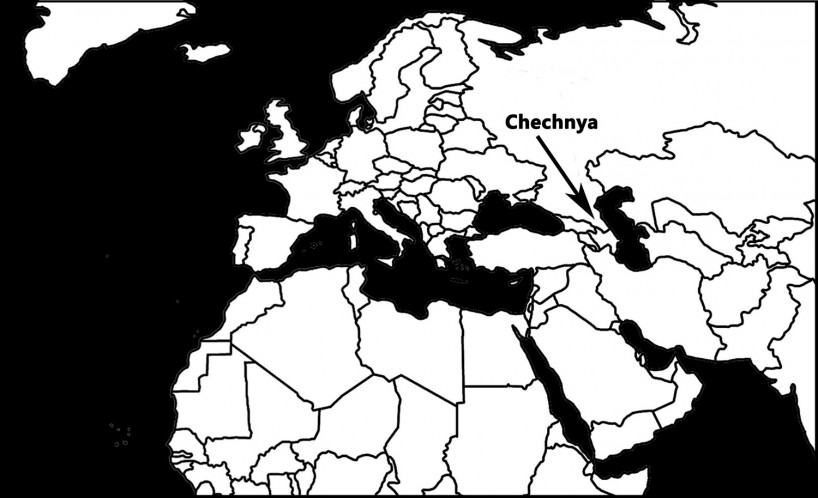
In the early morning of July 15, 2009, leading human rights activist Natalia Estemirova was abducted from her home in Gronzy, Chechnya. Several witnesses heard her scream “I’m being kidnapped” as she was pushed into a car. Her body was found along a roadside several hours later with multiple gunshot wounds.
A member of the Human Rights Memorial Group, Estemirova was an award-winning activist known for investigating and reporting extrajudicial killings, abductions, disappearances and torture of Chechen civilians. At the time of her death, she was investigating a series of house burnings allegedly carried out by government-backed militia.
Estemirova worked under a great amount of risk when she openly blamed local Chechen authorities and the president of Chechnya, Ramzan Kadyrov, for the environment of lawlessness and violence. She had investigated and reported crimes allegedly committed by authorities under President Kadyrov’s command.
Along with Estemirova, four other human rights activists who investigated human rights violations in Chechnya were killed in the past year. Human rights lawyer Stanislav Markelov, human rights journalist Anastasia Baburova, and charity workers Zarema Sadulayeva and Alik Dzhabrailov were all shot to death.

Potograph by Alexander Mnatsakanjan
President Kadyrov responded to Estemirova’s claims in an interview with Radio Free Europe/Radio Liberty.
“Those human rights activists are lawyers. If they say Kadyrov and his people are to blame let them prove it,” he said. “Natalia Estemirova never had any honor, dignity or shame and I still appointed her head of the civil society advisory commission. She would always say stupid things”.
I asked Rachel Denber, Director of the Europe and Central Asia Division of the international NGO Human Rights Watch, about the impact of Estemirova’s murder.
“The murder of human rights activists is a strong signal of intimidation to people who, like Natalia, document human rights abuses by local police and security forces,” she said.
Following Estemirova’s murder, the Human Rights Memorial closed down and stopped its activities in the region due to the lack of protection for the human rights defenders and because of a lawsuit filed by Kadyrov against its chairman, Oleg Orlov, who released a statement days after the assassination of Estemirova claiming Kadyrov was responsible.
“The authorities of the Chechen Republic and President Kadyrov, who once directly threatened her and regarded her as an enemy, are to be blamed for her murder,” he said.
President Kadyrov denied having any involvement in Estemirova’s murder, and filed a lawsuit against Orlov and the Memorial for $330,000 for damages to his “honour and dignity.” Kadyrov won the defamation case, and the judge fined the Memorial 50,000 rubles ($1, 770 CDN) and Orlov 20,000 rubles ($710 CDN).
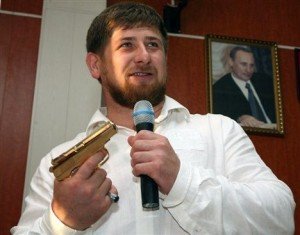
Photo: Musa Sadulayev.
The lawsuit against the Memorial sparked criticisms from international human rights organizations like Human Rights Watch, already concerned about whether the investigation into Estemirova’s assassination was being carried out efficiently.
“The case against Oleg Orlov distracts from the main concern which should be to find the people who are responsible for Natalia’s murder in a completely thorough and independent investigation,” Rachel Denber said. “There has to be a political will to examine all possible versions of who could have been responsible for the murder. It’s impossible to exclude some level of official involvement”.
Delphine Reculeau, Coordinator of the World Organization Against Torture, agrees.
“What President Kadyrov is doing with Mr. Oleg is discouraging human rights defenders from pursuing their activities and getting to the truth in the case of Ms. Estemirova’s murder. Some defenders have already fled the region because they fear for the lives of their families.”
Anoush Begoyan, Europe Program Officer of the human rights organization Article 19, is also concerned.
“The only voice coming out of Chechnya is the voice of the human rights defenders and if they are silenced, then there is a real problem of having any information of what is going on in that region. The prompt and objective investigation of the crimes that were committed, and the persecution of instigators as well as implementers, should be the first step.”
Those responsible for the murders of rights activists have yet to be found. The 2006 assassination of journalist and human rights defender Anna Politkovskaya, for example, remains unsolved.
Human rights organizations are closing their doors and journalists are fleeing the area, but worldwide attention may prove to be a step towards putting an end to the violence against human rights activists. In December, several international rights organizations announced their support of a monitoring mission in Chechnya which would include Memorial.
“The US and Canada can raise the issue, and the need to protect human defenders in Chechnya and other parts of the Northern Caucuses, at the highest levels in their bilateral and multilateral relationships with Russia,” since Chechnya is a part of the Russian Federation, Denber said.
Human Rights Watch, Article 19, Amnesty International and other human rights groups are asking the president of Russia, Dmitry Medvedev, to make certain that there are thorough and independent investigations into the assassinations of Estemirova and the other human rights activists.

